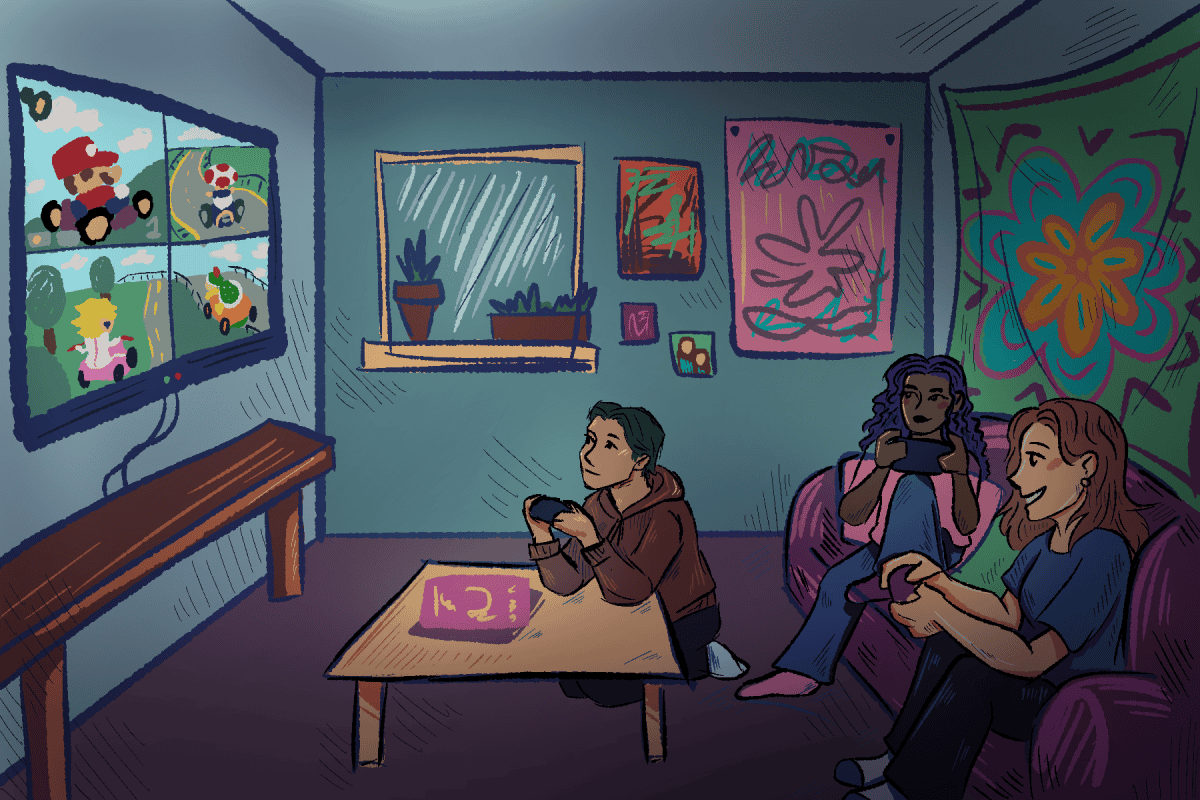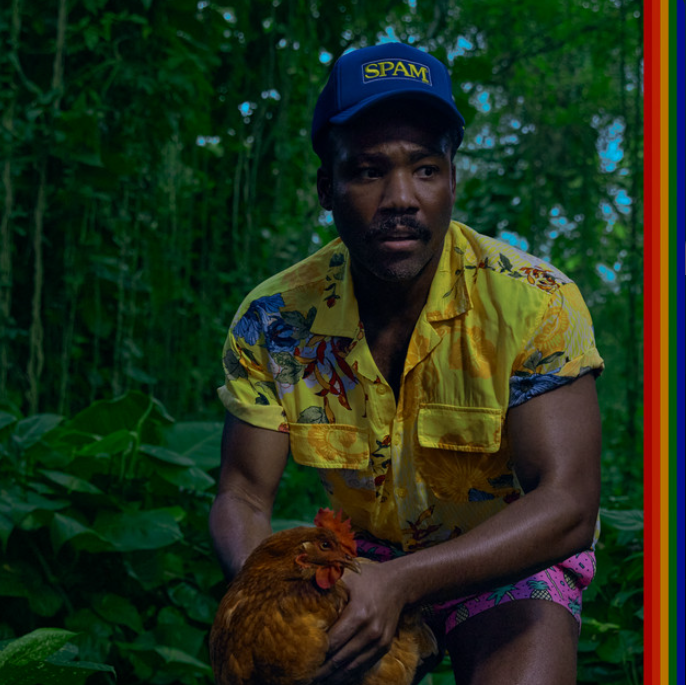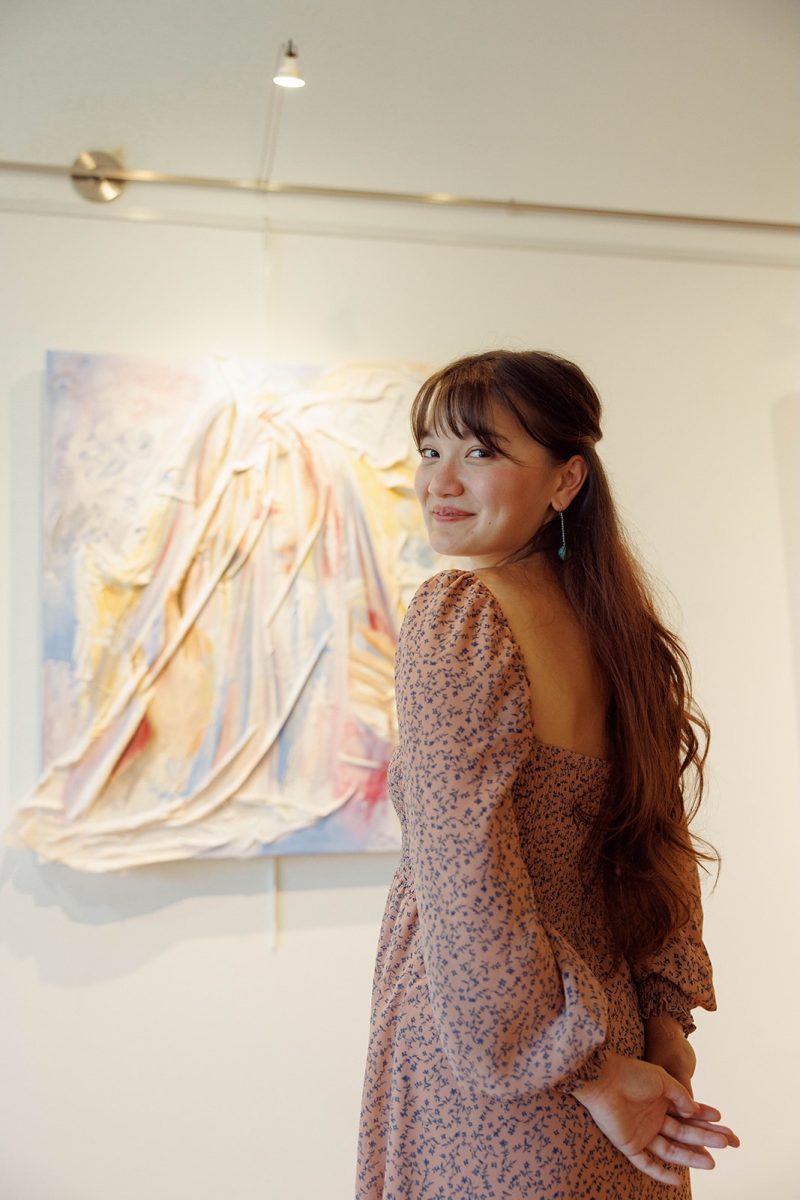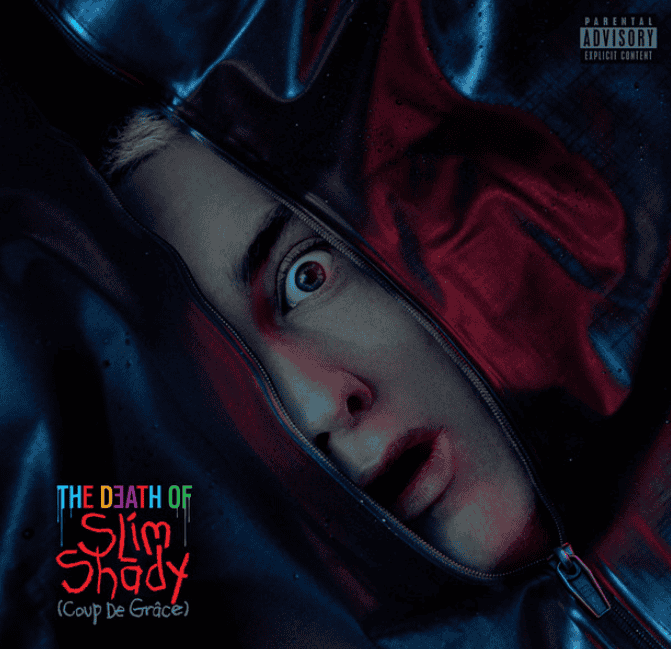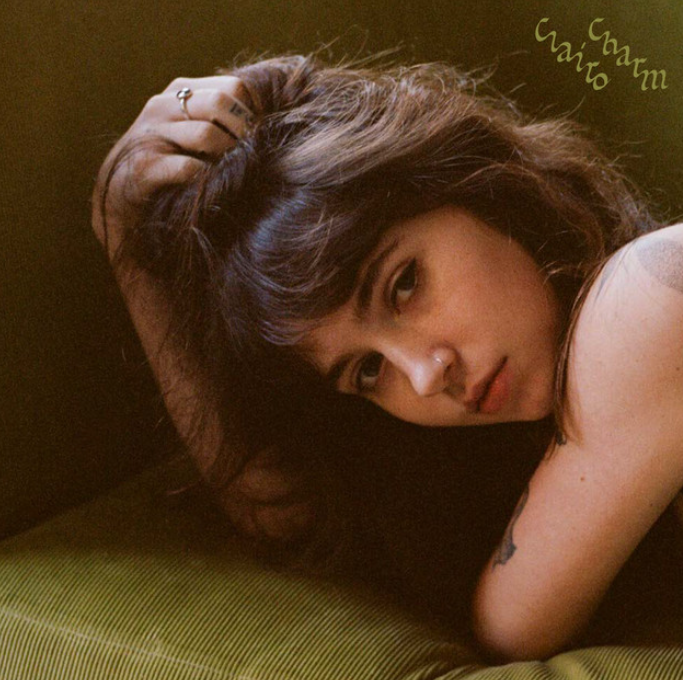There are few better ways to view mainstream movie history than the annual Oscars award ceremony. It serves as a picture of trends, social movements and overarching tendencies in the landscape of cinema.
The ironic aligning between this year’s Oscars and the beginning of Women’s History Month demands a look at how women have fared in this colorful cinematic history. Such a look reveals some alarming patterns: Across 96 Oscars ceremonies, including 2024, eight women have been nominated for best director, and 22 female-directed films have been nominated for best picture. Those categories have seen 498 and 601 total nominations given out, respectively.
Things have gotten marginally better since the start of the century. In nearly 25 years, women-helmed films have been put in higher regard, and there has come about a greater willingness to believe that women can function as legitimately talented directors.
It’d be impossible and dangerously reductive to try to name every notable female director, even when narrowing the scope to the turn of the 21st century. These, however, are some of the most distinguished; each has showcased an ability to create engaging movies while baking in relevant social matters and thematic richness.
As written in a similar curation from the New York Film Academy, “each director has their own creative voice that contributes to the diversity of film and television.” Their filmmaking merit combined with a gradually broadening industry-wide tolerance promises an exciting future.
Sofia Coppola
Prominent works: “Lost in Translation” (2003), “Marie Antoinette” (2006), “The Bling Ring” (2013), “Priscilla” (2023)
After starting off strong with “The Virgin Suicides” in 1999, Coppola exploded onto the Hollywood stage with “Lost in Translation.” Her sophomore effort earned four Oscar nominations, including a nod in the coveted category of best picture; it was, quite startlingly, only the fifth nominee among hundreds to be directed by a woman.
“Lost in Translation” is a gorgeously quiet movie, sewing heartache and wonder into moments of sensory minimalism. Sean Axmaker of Stream on Demand aptly describes it as an “exploration of delicate relationships and uncommunicated frustrations … in a beautifully composed atmosphere of isolation.”
Since then, Coppola has delved into various other modes of cinematic expression. Whether raucous hedonism in “Marie Antoinette,” satirized material excess in “The Bling Ring” or subversion of traditional histories in “Priscilla,” she knows how to take unique but always right-on looks at humanity.
Kelly Reichardt
Prominent works: “Old Joy” (2006), “Meek’s Cutoff” (2011), “First Cow” (2019), “Showing Up” (2022)
Reichardt is and has been consistently overlooked as an independent filmmaker. Despite varying subject matters, temporal settings and acting entourages — usually star-studded — she has long sustained a pattern of first-rate output.
She’s another director who loves to dwell in the silent spaces. This can be seen in the narrow technical sense — take “First Cow,” which functions both as brilliant historical fiction and as peaceful media by which to be soothed into sleep — but also in each film’s overall nature: She deals almost exclusively with small-scale stories with intimate character portrayals.
Her movies form something of an antithesis to modern Hollywood; absent are aspects of heightened action, CGI and other normal blockbusterisms, in their place atmospheres of coziness. The Reichardt vibe is akin to a quiet afternoon by a gently flowing brook. Sometimes such a caring ambience can be indescribably refreshing.
Kathryn Bigelow
Prominent works: “The Hurt Locker” (2008), “Zero Dark Thirty” (2012), “Detroit” (2017)
The years post-2000 have seen an interesting line of work for Bigelow. Among short films ranging from action to activism and a couple of features — “The Weight of Water” in 2000 and “K-19: The Widowmaker” in 2002 — that could best be described as interesting, she put forth some of the more potent military and political thrillers since the century dawned. “The Hurt Locker” won best picture and gave Bigelow the first best director win for a woman; “Zero Dark Thirty” took a sweeping look at a modern and real-life story of inexhaustible American justice; “Detroit” forced audiences to stare into the fierce eyes of racial hatred.
Each film is a striking portrayal of timeless human themes through a sociopolitical context. Without preaching or proselyting, Bigelow both confronts difficult issues and indulges in glorious triumph. Hers are distinct outings, but they leave a lasting impact.
Ava DuVernay
Prominent works: “Selma” (2014), “13th” (2016), “A Wrinkle in Time” (2018), “Origin” (2023)
DuVernay is at her strongest when examining, and usually critiquing, the history and current state of race dynamics in America. “Selma” and “13th” take unflinching looks at longstanding racial inequality; using biopic and documentary form, respectively, allows for her filmography to boast both cinematic drama and grounded realness.
“A Wrinkle in Time” is an admittedly mediocre foray into children’s literature adaptation, but it cannot take away from DuVernay’s demonstrated areas of strength. In addition to her movies, she also has a hand in television, having served as creator, writer, and executive producer for the limited series “When They See Us.”
DuVernay is an ambitious and often convicting commentator. The perspectives she puts forth, in whatever form they come, are and will be important for the foreseeable future.
Chloé Zhao
Prominent works: “Songs My Brothers Taught Me” (2015), “The Rider” (2018), “Nomadland” (2021), “Eternals” (2021)
While Zhao’s first feature, “Songs My Brothers Taught Me,” earned high praise but little exposure, “The Rider” is what propelled her into notability. A Western centered around a young cowboy grappling with a near-death experience, the film raked in celebration at the Cannes Film Festival and Independent Spirit Awards; that celebration put her in a position of indie film prominence moving forward.
Knowing her two prior successes, no one was surprised that Zhao served up another hit with “Nomadland,” described by Rotten Tomatoes’ critic consensus as “a poetic character study on the forgotten and downtrodden.” What was pleasantly startling was just how much “Nomadland” prospered: It dominated the award circuit, including six Oscar nominations with three wins. Zhao became just the second woman ever to take home the Oscar for best director.
Her debut on the blockbuster scene with “Eternals” was divisive at best, but if the strength of her previous works tells us anything, it’s that the setback will be momentary. An adaptation of the award-winning historical fiction novel “Hamnet” is up next, and anything other than a solid redemption would be surprising.
Jane Campion
Prominent works: “In the Cut” (2003), “Bright Star” (2009), “The Power of the Dog” (2021)
Campion has put out influential work across several decades; before the century turned, her endearing romance “The Piano” won her best original screenplay and earned her a nomination for best director, among six other nominations as well as wins for both leading and supporting actress.
Intimacy and love are common threads throughout her films. “In the Cut” is a sleazy erotic thriller rife with physical allure, and “Bright Star” is a pure but passionate tearjerker meditating on love that circumstances prevent. “The Power of the Dog” is the magnum opus of her post-2000 direction, a dynamic psychological thriller that collected a whopping 12 Oscar nominations. From these nominations came a best director win that avenged Campion’s loss nearly 30 years earlier and marked the first time a woman won the award in back-to-back ceremonies.
Greta Gerwig
Prominent works: “Lady Bird” (2017), “Little Women” (2019), “Barbie” (2023)
Another director who has only recently come onto the scene, Gerwig spent the first large chunk of her career in front of the camera. Aside from a co-directorial effort in the relatively unknown 2008 indie drama “Nights and Weekends,” Gerwig was an actress and writer, most prominently teaming up with then-boyfriend and now-husband Noah Baumbach.
It was with “Lady Bird” that she suddenly and assertively burst onto the directing scene. Fostering a resoundingly relatable breakout performance from Saoirse Ronan, Gerwig delivered a powerful yet grounded look at life as a high school student and teenager in modern America. With the boost of a pickup by A24, Gerwig was set for a robust future.
Robust it has been. She has only truly headed three directorial outings, but each one has been masterful as part of its genre. Whether an indie comedy, a family-oriented piece of domestic fiction, or a blockbuster-social-critique hybrid, Gerwig has demonstrated a skill for combining watchability with hard-hitting thematic density. Her films are as thoroughly enjoyable as they are thought-provoking.
Her brief filmmaking history suggests that her next project — an adaptation of the “Chronicles of Narnia” series, which she has “reverence for” and “loved … so much as a child,” she told BBC Radio 4 — and all future works will be hits. She has been on an upward trajectory and shows no signs of stopping.

